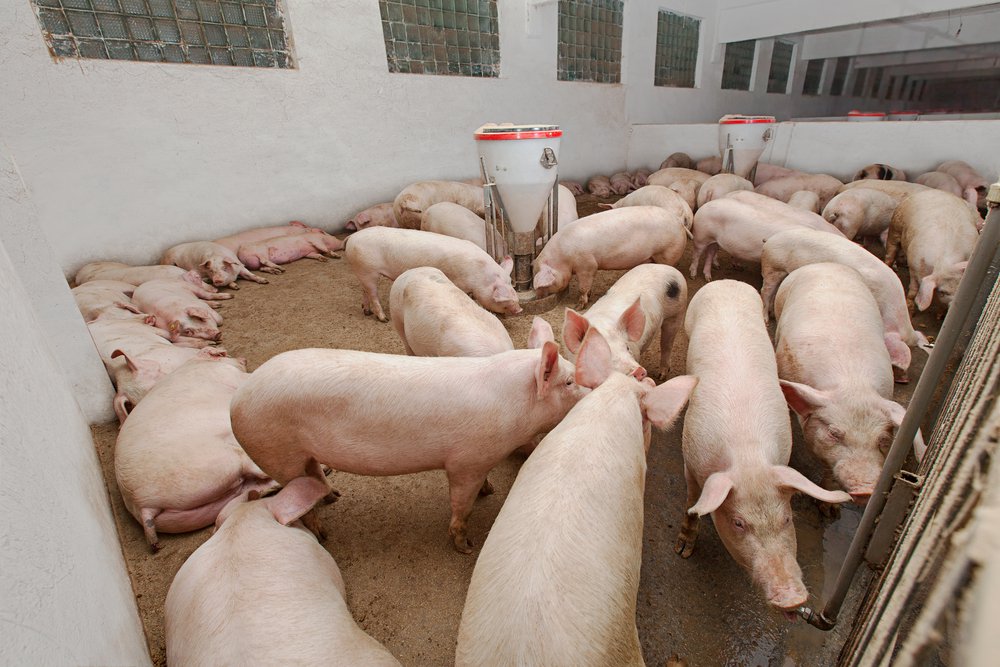British animal genetics firm Genus has said international outbreaks of highly-infectious disease African Swine Fever have hit its porcine division sales in its latest trading update.
The update covered the period from July 1 until November 14 to coincide with its AGM on Thursday (November 15).
Commenting, Karim Bitar, chief executive said: “Genus performed strongly in 2018, achieving our financial objectives and making good strategic progress.
“ABS growth was particularly strong, alongside another good year for PIC [Genus’ Pig Improvement Company].”
Bitar explained highlights for the year included the launch of Sexcel – Genus’ latest sexed semen product – in September 2017.
“[This] was a real highlight after many years of pioneering development. It was very pleasing to hear from dairy farmers how the product performance is exceeding their expectations,” he said.
“The commencement of the strategic partnership with Mollevang [a Danish pig genetics company] in July 2018 will further strengthen and bring new opportunities to our PIC business.
“In the short term, the external environment for many of our customers is challenging due to trade disputes and the recent spread of African Swine Fever to China.”
Genus’ headline figures
Revenue of £470.3 million increased 2% with bovine sales up 8%.
This was primarily from strong sexed semen sales, while porcine revenues were 1% lower.
Adjusted profit before tax was up 4% to £58.5 million, with a strong performance in Genus ABS. However, statutory profit before tax fell 81% to £7.8 million.
This was said to be mainly due to a reduction in the non-cash fair value of biological assets.
African Swine Fever
In the four months to October 31, 2018, PIC volumes grew in North America, Latin America and Europe, but were lower in Asia – something put down to African Swine Fever in China.
African Swine Fever continued to spread across China with over 50 outbreaks in 14 provinces officially reported and unofficial sources indicating much wider impacts across the industry.
Widespread restrictions that have been imposed on the movement of pigs in China, had affected PIC’s ability to fulfil some customer orders there.
However, in the medium term, Genus believes African Swine Fever will accelerate modernisation of pig farming in China, increasing the opportunity for PIC’s elite genetics.
The report also highlighted that the situation is also likely to lead to increased demand from China for pork imports which should benefit producers in North America, Europe and Brazil, where prices recently have been relatively depressed and volatile.
Trading was good in Latin America and Europe, while North America continued to work through the after-effects of the health breaks in the prior year.
Bosses anticipated North American markets would be back to full capacity in the Spring of 2019.

